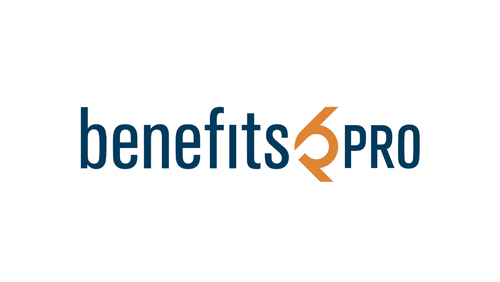
Even if you offer multiple health insurance plans, trying to address the diverse needs of employees can seem impossible. Budgeting for unpredictable group rate renewal increases can be equally challenging. An innovative alternative like individual coverage health reimbursement arrangements (ICHRAs) could be the solution.
ICHRAs flip how employers offer health insurance. Instead of trying to accommodate all employees with a few plans, employers can offer ICHRAs to defined classes of employees. That provides more freedom and flexibility to employees while stabilizing costs for employers and allowing them to offer coverage to employees that otherwise wouldn’t be feasible.
In the right situation and with the right partner, ICHRAs can offer advantages and cost savings over other options, including multiple carriers and networks, expanded plan designs, copays and deductibles, and a more predictable budgeting process. Here’s how and when ICHRAs work for your organization.
Flexibility and Accessibility for Employees, Cost Savings and Stability for Employers
ICHRAs were created under federal ACA regulations and made available to employers in 2020. In this relatively new arrangement, the employee chooses their own carrier and health plan directly from the carrier or through the federal marketplace. This offers many more choices than the two or three plans employers typically offer.
Employers then contribute to the health reimbursement arrangement to reimburse their employees fully or partially for the insurance premiums. These plans also satisfy ACA requirements for coverage.
Since each ICHRA plan rate is based on an individual, annual renewal increases are smaller and more predictable, typically 1% – 3%. By contrast, group health plans tend to have larger annual renewal increases since the carrier needs to factor in a range of high and low claim groups.
By adding ICHRAs, you can serve all of your employees’ diverse healthcare needs and still offer them ancillary benefits like vision, dental and voluntary benefits.
What Type of Organization Can Benefit Most?
The flexibility of ICHRAs can benefit employers in a variety of situations. They can be a great option for small employers who otherwise couldn’t afford to offer coverage.
They can also benefit large organizations with diverse or changing employee needs. Employers can offer ICHRAs to employee classes like seasonal, part-time, temporary or hourly employees. Often, these types of employees wouldn’t be eligible for health benefits, and this added perk can be a defining factor for attracting employees.
ICHRAs can also address challenges with geographically diverse workforces.
ICHRAs can also address challenges with geographically diverse workforces. For example, a large organization offers benefit plans that utilize a local network to employees at their headquarters. However, it also has a facility in another state with employees that wouldn’t be able to access those local network providers.
One solution would be adding a high-cost PPO option or an additional carrier to accommodate out-of-network needs creating two more plans and renewals. Instead, the employer could offer ICHRAs to only the employees at that facility. This allows those employees to choose their preferred plan and network while still receiving the subsidy benefit and reduces costs for both the employer and employees.
For any organization, ICHRAs reduce the pricing volatility associated with self-funding and fully funded plans. This includes the liability for the high claims of self-funding and the high, unpredictable renewals of fully funded plans. In this way, ICHRAs can make health insurance costs lower and more predictable.
How To Make ICHRAs Work for Your Organization
Offering ICHRAs requires a bit more upfront effort to implement. However, proper communication, education and one-on-one meetings can ensure success.
In order to provide your employees with the right guidance to personalize their ICHRA plan, use a dedicated employee benefits advocacy team or specialized ICHRA provider. In a one-on-one meeting with an employee, an advocate can assess their needs, research plan options on the employee’s behalf and present them with a few manageable options so they can choose their own carrier and plan design.
Crucially, according to federal regulations, employers can’t offer the same type of employees a choice between a group health plan and an ICHRA. Make sure your plan follows federal rules and offers affordable coverage. For these reasons, request hands-on support from your broker to help you offer ICHRAs and support employees.
In the right situation, ICHRAs can provide an ideal solution to common benefits problems at a lower cost to employers and employees than traditional coverage options. This allows transparency and freedom of choice for employees’ benefits selections.







